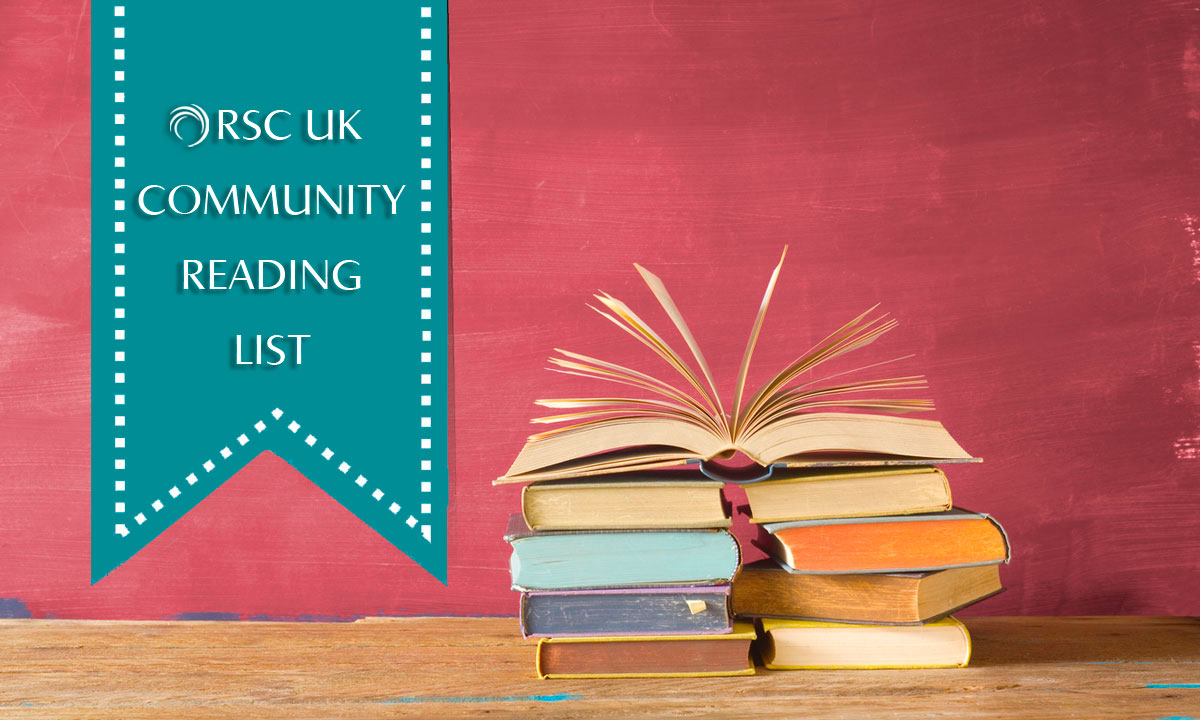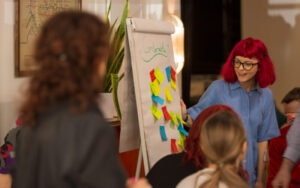We are celebrating some of the books that are at the core of the ORSC methodology. There are many books that inspired Faith Fuller and Marita Fridjhon when they developed ORSC, but these are some of our favourites.
We have labelled them as ORSC Curious + (recommended for those who have not taken ORSC courses, as well as for ORSC practitioners) and ORSC Practitioners (recommended for those who have done some or all of the ORSC courses)
The Leader as Martial Artist
Arnold Mindell
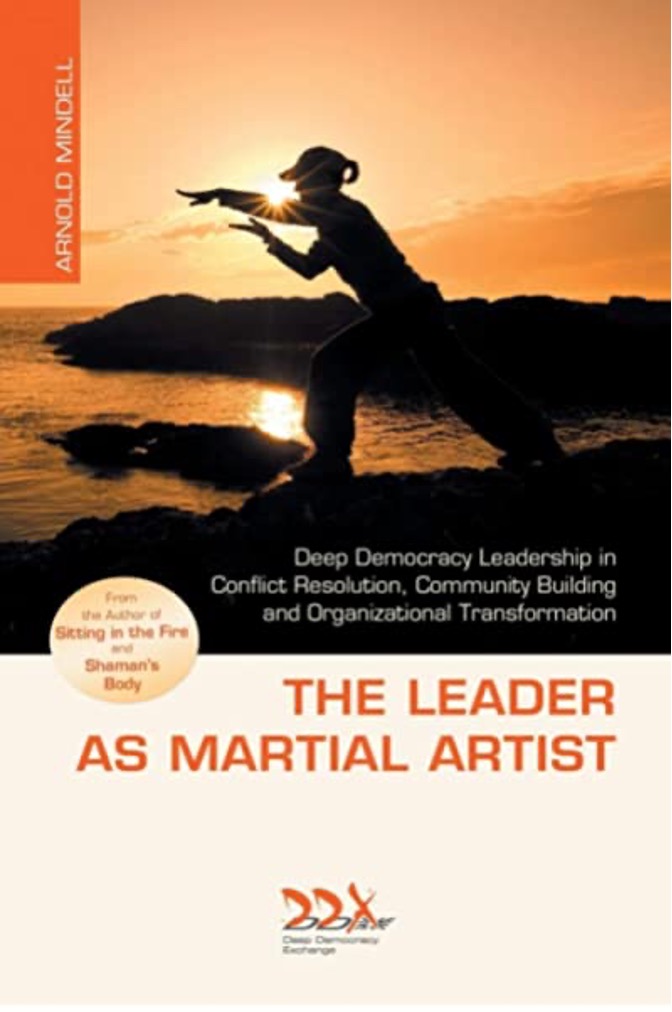
Recommended for: ORSC Practitioners
We spoke to Alain Pottier to put together this book description. Alain is a coach and ORSC practitioner who is currently translating this book into French and is passionate about Mindell’s work.
Mindell’s work intertwines themes in psychology, physics and Eastern philosophies. His books are at the core of ORSC, therefore if you are an ORSC practitioner, Alain suggests you read at least one of his, or his wife Amy’s books. The Leader as Martial Artist was written about 25 years ago, however this book has a timelessness to and could have been written last week! Although the book writes about the Apartheid in South Africa, it provides a window into global issues and “time spirits” that effect the world today. The book helped develop many tools and topics covered in ORSC, such as roles (ORSC Geography), the edge model (ORSC Intelligence) and the 3 Levels of Reality (ORSC Path). Mindell’s work is fascinating and brilliant, but we have marked this for ORSC Practitioners as Alain explains that some of his writing is quite “heavy” and hard to grasp at times. He also recommends Amy Mindell’s books. Amy had a big influence on Arnold’s work and her book “Metaskills” was the foundation of ORSC’s Meta-skills tool.
The 7 Principles for Making Marriage Work
John M. Gottman
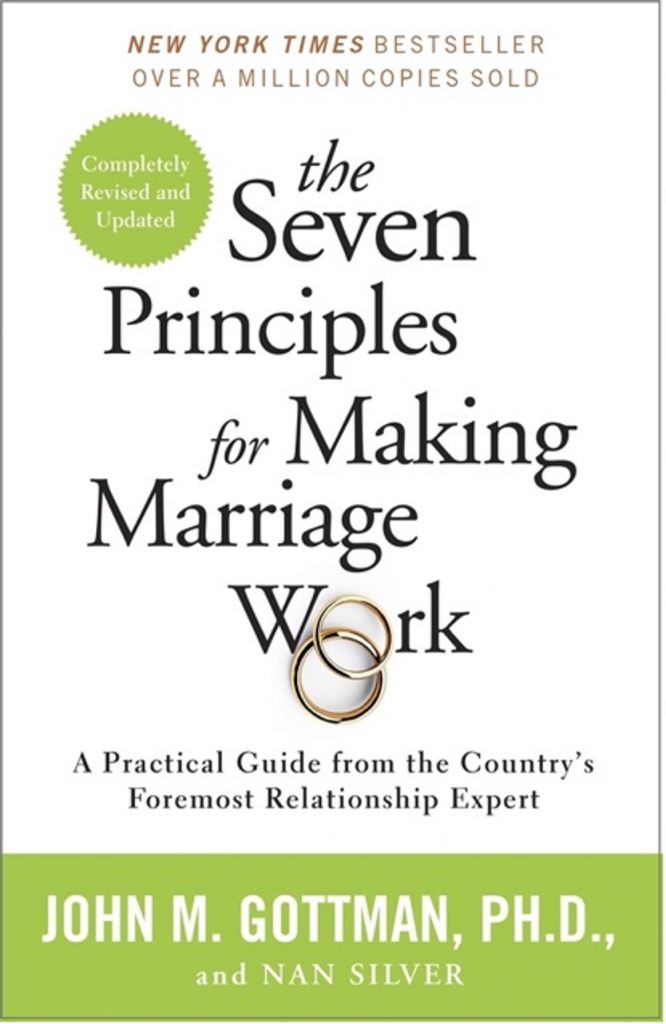
Recommended for: ORSC Curious+
When I started working at CRR UK to do marketing, Nairy, CRR UK’s CEO, suggested I read this book. At first, I was dubious because I was 22 years old at the time… and not married, so I wondered how I would be able to relate. However, so much of this book has stayed with me and I would recommend it to anybody in or outside the world of coaching. It was very eye opening as to how habits and behaviours can result in healthy and fulfilling relationships, or unsatisfying ones. What I like about it is that it’s all based on actual research, with examples and exercises. A lot of this book can be applied to all kinds of relationships, not just romantic ones. My only criticism, although I can’t speak for more recent editions of the book, is that although it was ahead of its time when it was written, the examples in this book are very limited to a certain kind of relationship: namely relationships between white, western, heterosexual people. Therefore, if you don’t fit into one or more of these categories like me, you may find yourself skipping through the odd chapter. However, there’s still a lot to be gained from this book.
Leadership and the New Science
Margaret Wheatley
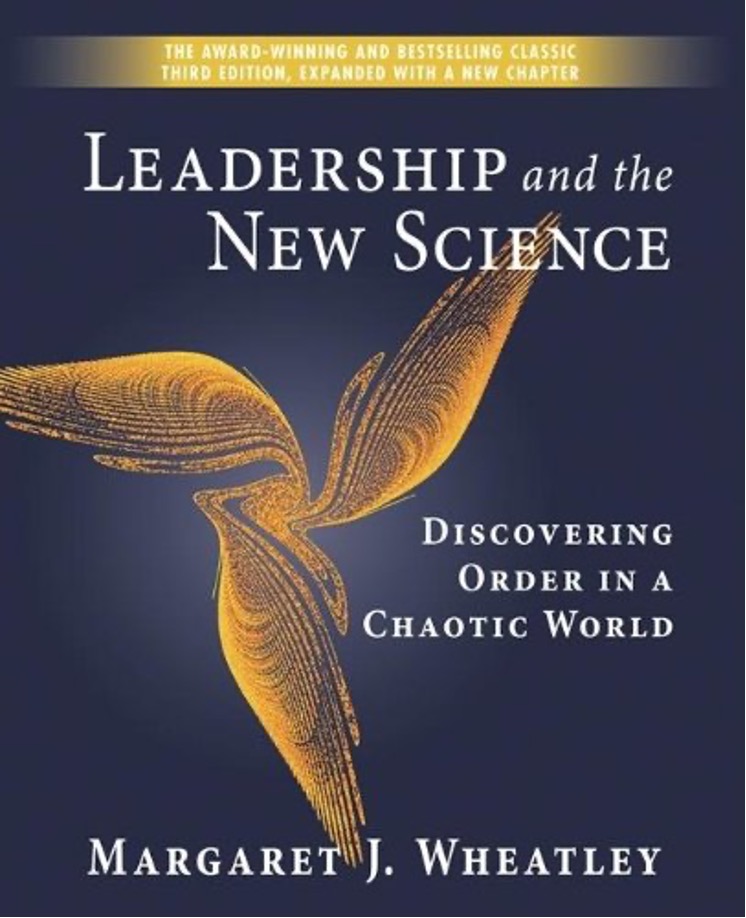
Recommended for: ORSC Curious+
This book helped influence some of the core ideas the ORSC methodology is based on. When this book was written, the concept that nature is chaos and not linear was emerging. This book goes into the importance of relationships at every level: subatomic, environmental and between humans. Chaos and change are the only route to transformation. It was through Margaret Wheatley that Faith and Marita met.
Co-active Coaching
Henry Kimsey-House, Karen Kimsey-House, Phillip Sandhal, Laura Whitworth
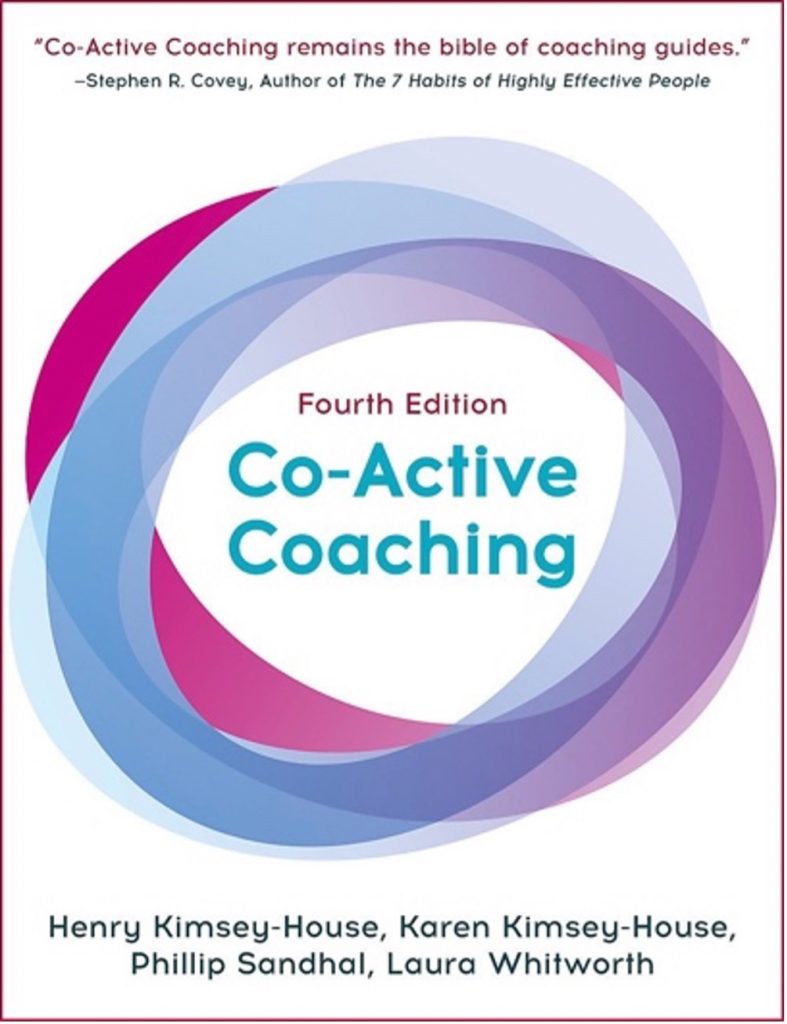
Recommended for: ORSC Curious+
This book was the building block of ORSC in terms of the course framework. Marita and Faith had the concept for ORSC, but they needed a teachable framework and ORSC uses the CTI framework. This book is amazing because it is the book that holds everything you learn on the CTI course. The book gives you an understanding of what you need to practice as a coach. It’s also a great book for self-exploration.
Tao of Physics
Fritjof Capra
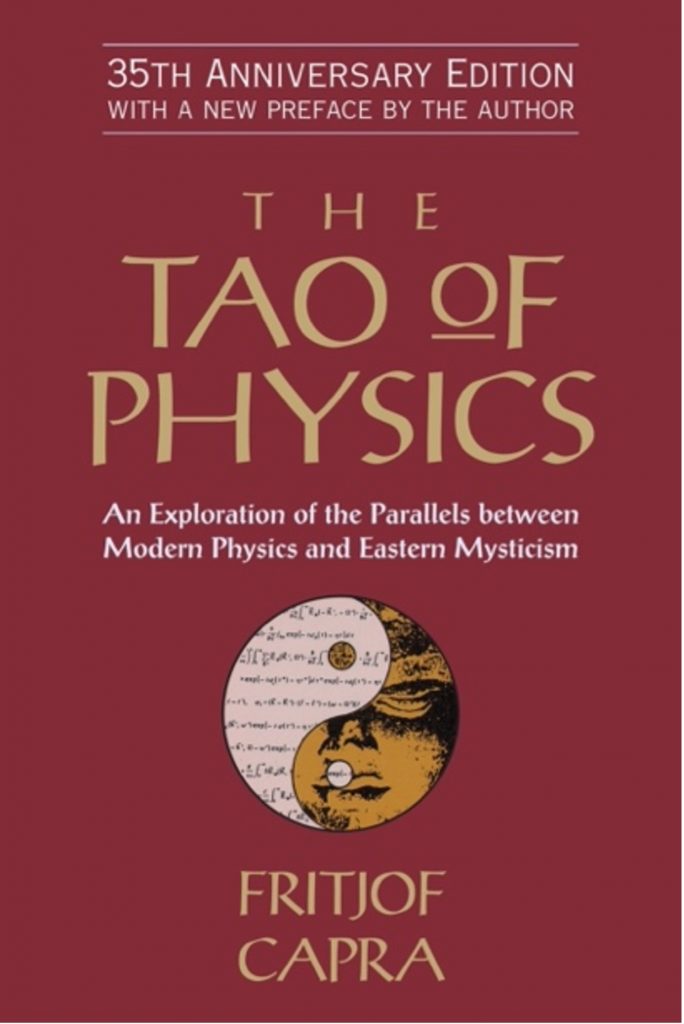
Recommended for: ORSC Curious+
This book opens up a way of seeing the world which is a big influence on what ORSC teaches. It introduces the reader to the concept of not being attached to any reality, because there is a dynamic and ever-changing reality within every system. We all hold a bias and can only ever partially understand “the truth” and this book shows us that modern physics is the way to spiritual knowledge and self-realisation.
This way of thinking provides such a sense of freedom because as an ORSC coach, all you are doing is being a witness, watching how interconnections within relationships bring out something new, and revealing the system to itself. You can tune into your intuition and invite teams to trust theirs.
Creating Intelligent Teams
Anne Rød and Marita Fridjhon
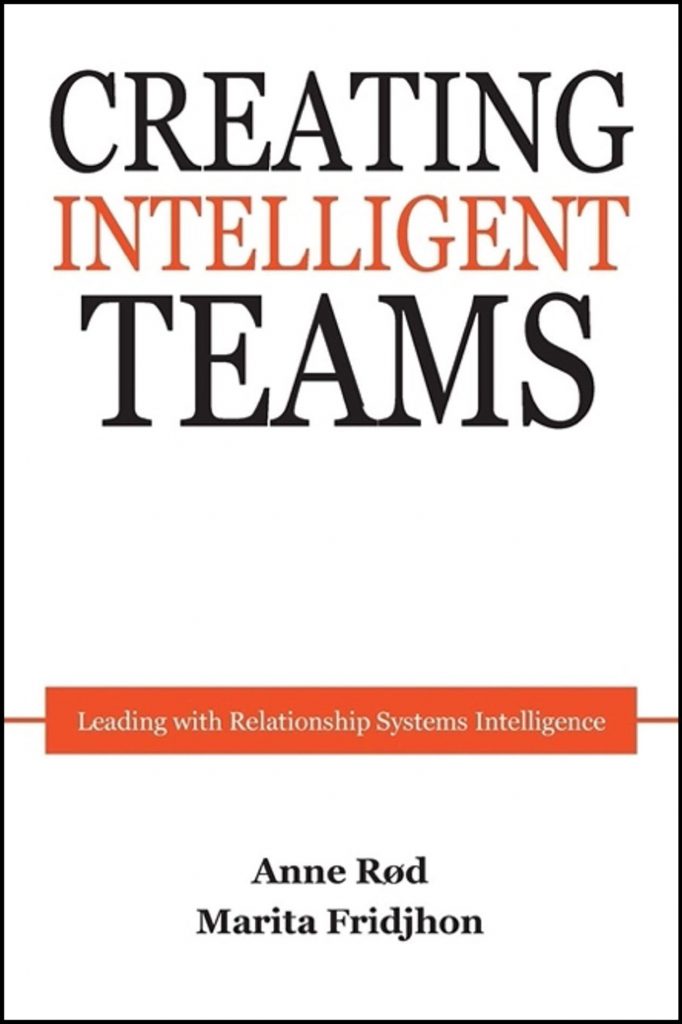
Recommended for: ORSC Curious+
This book was written after ORSC was created, but it has influenced updates to the curriculum. This is also the book where the 5 Principles of RSI were made concrete, and it enabled ORSC to move away from the formerly used “4 Cornerstones of ORSC” to these principles.
Creating Intelligent Teams also articulated the ORSC 3-phase approach: meet, reveal, align & act. This is introduced in Fundamentals and used throughout the curriculum. This book really sets out the impact of an ORSC practitioner and introduces ORSC concepts and is a great book if you are interested in the ORSC courses.
You can order these books to your door from:
Chorlton Bookshop – Manchester
The Book Hive – Norwich
We want your recommendations!
We would love to hear your book recommendations for the community! If you’re interested in getting involved, please send them to us.

